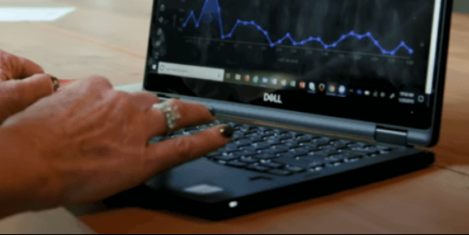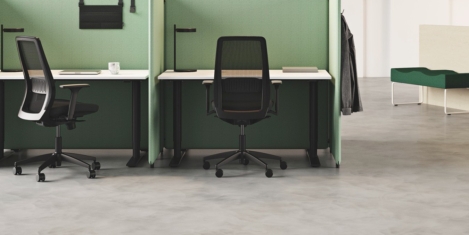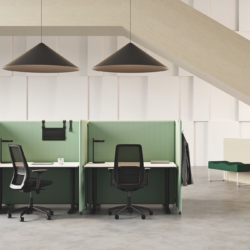To provide the best experiences, we use technologies like cookies to store and/or access device information. Consenting to these technologies will allow us to process data such as browsing behaviour or unique IDs on this site. Not consenting or withdrawing consent, may adversely affect certain features and functions.
The technical storage or access is strictly necessary for the legitimate purpose of enabling the use of a specific service explicitly requested by the subscriber or user, or for the sole purpose of carrying out the transmission of a communication over an electronic communications network.
The technical storage or access is necessary for the legitimate purpose of storing preferences that are not requested by the subscriber or user.
The technical storage or access that is used exclusively for statistical purposes.
The technical storage or access that is used exclusively for anonymous statistical purposes. Without a subpoena, voluntary compliance on the part of your Internet Service Provider, or additional records from a third party, information stored or retrieved for this purpose alone cannot usually be used to identify you.
The technical storage or access is required to create user profiles to send advertising, or to track the user on a website or across several websites for similar marketing purposes.
 RingCentral UK Ltd, has released the findings of its Connected Culture Report claiming that employees working for companies that foster a “connected culture” are twice as likely (34 percent vs. 15 percent) to be productive when working from anywhere, than those that don’t. (more…)
RingCentral UK Ltd, has released the findings of its Connected Culture Report claiming that employees working for companies that foster a “connected culture” are twice as likely (34 percent vs. 15 percent) to be productive when working from anywhere, than those that don’t. (more…)








 Three-quarters (75 percent) of business decision makers say their organisation’s environmental and social impact has become more important due to COVID-19, according to new research from
Three-quarters (75 percent) of business decision makers say their organisation’s environmental and social impact has become more important due to COVID-19, according to new research from 
 According to new research from
According to new research from 
 A new report from
A new report from 










 Environmental concerns and the changing work landscape could lead to a noticeable drop in both domestic and international business travel, as nearly half of UK workers (48 percent) are concerned about its negative environmental impact, according to new research from
Environmental concerns and the changing work landscape could lead to a noticeable drop in both domestic and international business travel, as nearly half of UK workers (48 percent) are concerned about its negative environmental impact, according to new research from 
 A gap exists between the way leaders and employees view progress toward equality in their organisations, according to new research from
A gap exists between the way leaders and employees view progress toward equality in their organisations, according to new research from 
 Freelancers value the freedom and flexibility of being their own boss but their happiness is most closely correlated with how much money they earn, a survey of 7,000 freelancers has claimed. According to the
Freelancers value the freedom and flexibility of being their own boss but their happiness is most closely correlated with how much money they earn, a survey of 7,000 freelancers has claimed. According to the 







